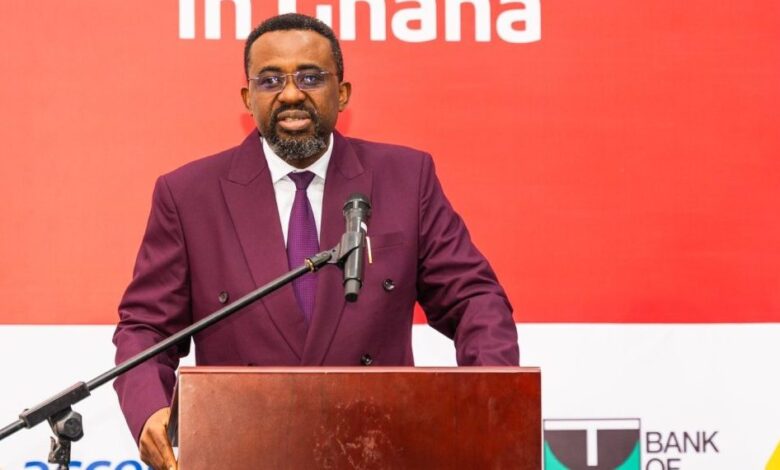Flexible exchange rate regime here to stay -BoG Governor

The Governor of the Bank of Ghana, Dr. Johnson Asiama, has reaffirmed the Central Bank’s commitment to a flexible exchange rate regime, stating that it is not targeting a fixed exchange rate or a predetermined band.
He emphasized that the Bank’s approach is rooted in economic fundamentals and designed to remain responsive to both domestic and external shocks.
Speaking at the “Banking the Last Mile” forum, organized by the Ghana Association of Banks and Absa Bank Ghana on Tuesday, June 17, 2025, Dr. Asiama addressed growing interest in the cedi’s recent stability and the broader macroeconomic landscape.
“Let me be clear: we are not pursuing a rigid exchange rate target or a predetermined band. The Bank of Ghana remains committed to a flexible exchange rate regime, one that is anchored in fundamentals, responsive to shocks, and supported by credible policy tools,” he stated.
He dismissed suggestions that the recent stability of the Ghana cedi was artificially engineered, stressing that it reflects deliberate and disciplined policy actions, improved transparency, and stronger macroeconomic performance.
“The stability of the exchange rate is not accidental, nor is it the result of artificial interventions,” he said. “Rather, it reflects the cumulative impact of sound monetary policy, enhanced transparency in the FX market, and improved external sector fundamentals.”
Dr. Asiama highlighted a shift in the Bank’s foreign exchange management strategy, including a reduced reliance on reserves, a more efficient FX auction system, tighter market surveillance, and stronger alignment between forex demand and real-sector activity. These efforts, he said, have helped curb speculation and ensured that forex flows are driven by legitimate trade, investment, and remittances.
He further pointed to the early gains from Ghana’s ongoing fiscal consolidation under the IMF-supported programme, noting improved investor sentiment, stronger external financing inflows, and a continued decline in inflation.
“The macro-fiscal adjustment being implemented under the IMF-supported programme is yielding results. Fiscal discipline is restoring credibility, and external financing flows have improved,” he explained.
“Combined with sustained disinflation, positive real interest rates, and resilient export and remittance inflows, these developments have anchored expectations and restored confidence in the cedi.”
Dr. Asiama concluded by reaffirming the Central Bank’s vigilance and readiness to act swiftly to preserve macroeconomic stability, which he described as critical for financial innovation and inclusion.





